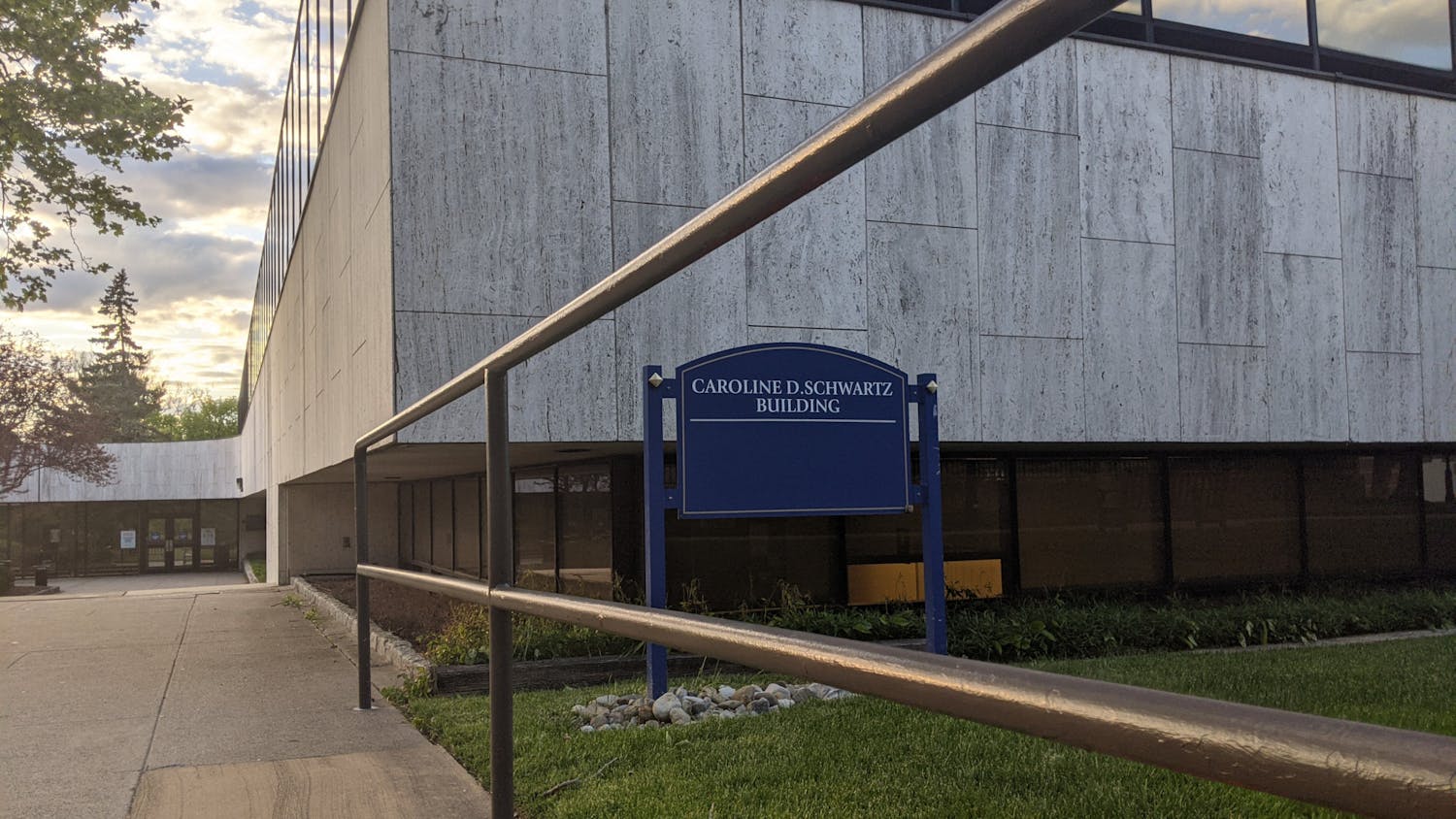Following a lively two-and-a-half-hour-long meeting on Wednesday, Seton Hall’s Faculty Senate voted overwhelmingly in favor of a motion calling on the University to approve all faculty requests to teach the fall semester remotely.
The senate’s motion passed with a final vote of 34 yesses, 8 noes and two abstentions and cited a lack of transparency in the University’s adjustment and accommodation procedures and alleged that some faculty were “discouraged” to submit requests to teach remotely.

Additionally, the motion mentioned concerns about limited access to childcare for faculty and noted that over 145 school districts in the state, including the South Orange-Maplewood School District and at least eight other Essex County districts, plan to begin the start of the year online.
In response to the concerns, the motion asked the University to continue to allow all faculty, including adjuncts, to submit adjustment requests and “provide faculty with the autonomy to decide whether to engage in HyFlex or to remain fully remote based on their own assessment of safety and pedagogical goals.”
The request from faculty is not entirely unprecedented. According to the reopening plan from Rider University, faculty there were given a choice of modalities for course delivery ranging from completely remote to in-person.
“Given that both faculty and students are being given free choice in these matters, we are satisfying the requirement for any individual who is unable to participate in on-ground instruction,” Rider University said in its plan.
In a June message from the University’s Re-Opening Operations Team -- faculty, staff and administrators were told that they may request to work from home by requesting a medical accommodation if they fell into a high-risk category for the coronavirus. All other personnel asking for changes not medical related could request an adjustment, which, instead of being handled through the University’s Human Resource department, would be filed through the “department and college levels.”
According to the University, 16% of the faculty have filed 112 accommodation and 65 adjustment requests as of Wednesday, though according to a faculty survey, 57% of professors surveyed said that they would prefer to deliver their courses remotely for the fall.
Of the accommodations, 94 were approved, two were denied, and 16 remain pending. Additionally, 14 adjustment requests were denied, though it is unclear how many have been approved or remain pending.
Newly installed University Provost Katia Passerini, who joined Seton Hall in June, addressed senators and faculty in the gallery before debate on the motion began.
“We're here today because of shared governance. But I have to tell you, when I heard about this meeting, I was extremely worried, because I was worried about what it would signal to our community,” Passerini said, “The community that we're trying to build and the community that I'm getting a lot of punches for on a daily basis.”
Passerini went on to thank all of the faculty who participated in the reopening planning process that commenced over the summer and stressed the importance of the meeting despite her concerns, calling the meeting evidence of shared governance and encouraging faculty to vote “on what you believe represents your choice and your voice.”
Still, Passerini noted that students have expressed a desire to be in-person for class opposed to online, with 70% of students still listed as planning for in-person instruction, which she noted was down from 82%.
“Many of them are asking us ‘if we are online, why should we pay the same tuition?’ And you know that this is a question currently in court and we cannot discuss because of the pending lawsuit,” Passerini said. “But the students have told us they want to be here. And in fact, they just reaffirmed this outside my window. I see all of them, they're coming to our campus.”
As a result, Passerini encouraged professors to be on-campus for students telling them, “we need to be here for them.”
“Otherwise, what we're really telling them is we know better and you should learn when, where, what and how we're telling you to learn,” she said.
Still, some faculty appeared to rebuff Passerini, with several speaking in favor of the motion such as Dr. Michael Taylor, Associate Professor of Political Science.
“This is not something that is not being a 'team player.' It is a serious question,” Taylor said. “Many faculty have children who will be learning remotely at home. There are some faculty who have spouses or others in their homes who are immune-compromised or have other conditions that put them at high risk. There are some faculty who are not in the high-risk category and can't ask for an accommodation, but they have legitimate, not fearful, legitimate health and safety concerns.”
Taylor also noted that, aside from health and safety concerns, he also had additional worries about faculty control over course delivery.
“There is a serious concern about the integrity of faculty and faculty purview over pedagogy. This is a problem that we have to address upfront,” he said. “Faculty have control over how courses are delivered, and this is a breach of that which will continue for a long time. So, there are many dimensions of all of this and It's going to continue to grow.”
“All the framing that we just heard is not what this is about,” he said. “This is about faculty taking control of faculty issues.”
In a Thursday night email sent out to faculty, Passerini mentioned that she was aware that the motion had indeed passed and was awaiting its formal delivery.
“We understand the concerns of some faculty about the effects of COVID-19. Frankly, we all share similar concerns,” the email read. “We also believe that our students deserve the opportunity to engage in the type of learning and living environment Seton Hall has offered since 1856 - through wars, through economic depressions, through political and social upheaval, and even through pandemics.”
“Rest assured the Senate resolution in no way diminishes our appreciation for the impact of our faculty in the classroom, in their fields of study, or in their service to the University,” Passerini wrote. “The University will continue to seek faculty input and continue to embrace shared governance.”
Nicholas Kerr can be reached at nicholas.kerr@student.shu.edu. Find him on Twitter @nickdotkerr.





